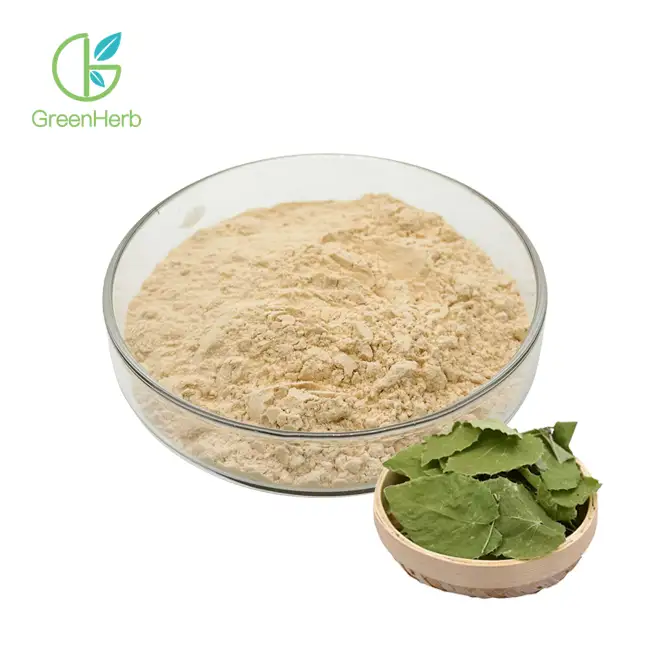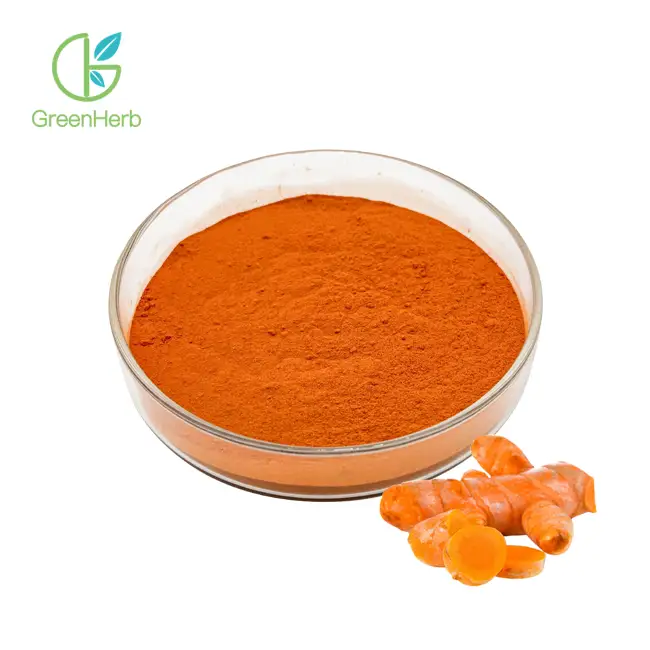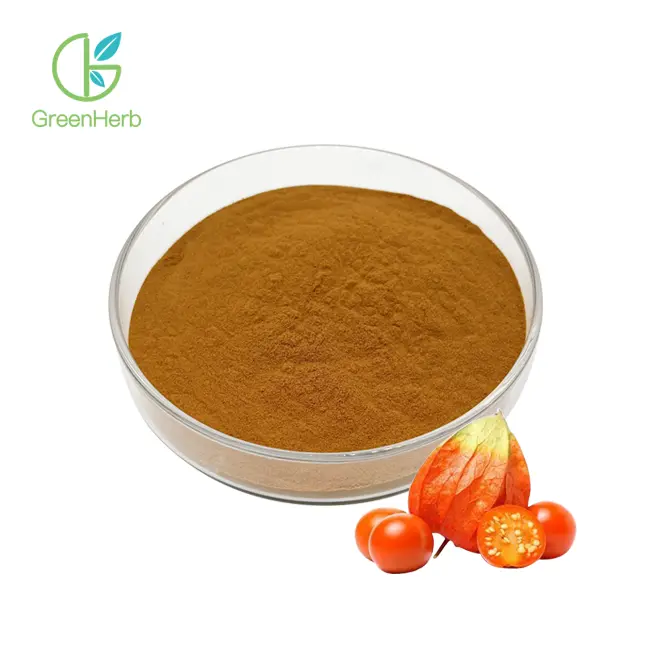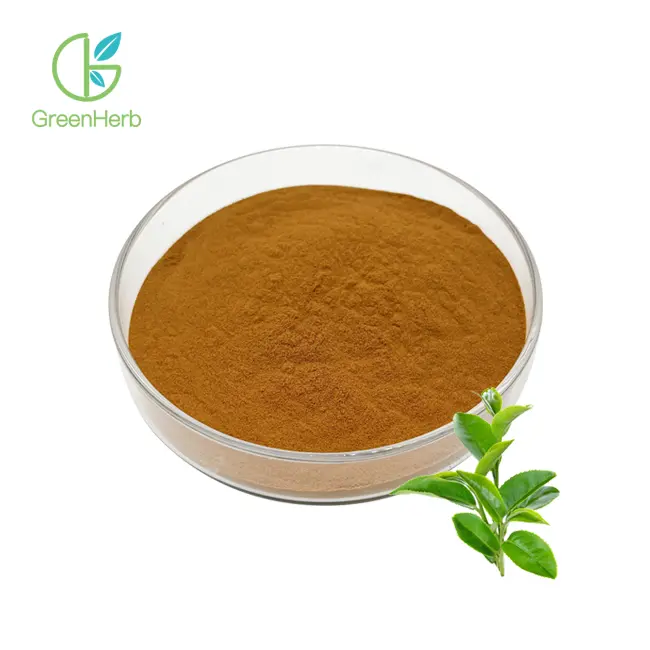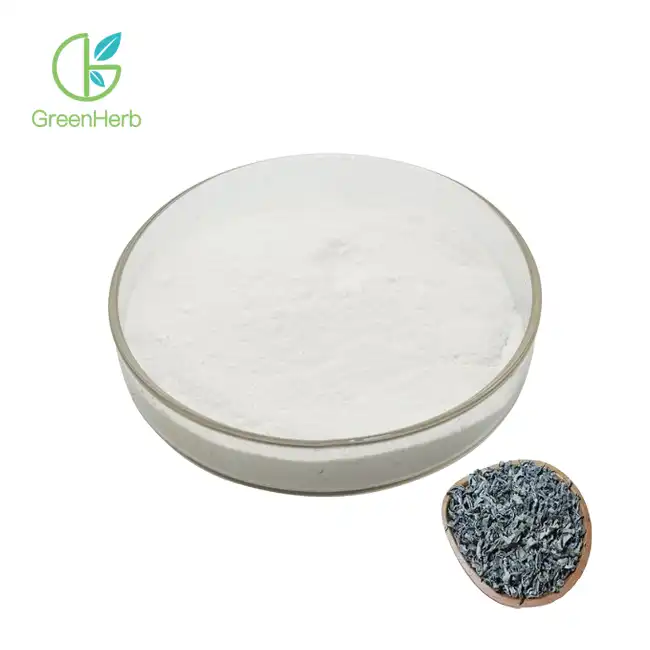- English
- French
- German
- Portuguese
- Spanish
- Russian
- Japanese
- Korean
- Arabic
- Greek
- German
- Turkish
- Italian
- Danish
- Romanian
- Indonesian
- Czech
- Afrikaans
- Swedish
- Polish
- Basque
- Catalan
- Esperanto
- Hindi
- Lao
- Albanian
- Amharic
- Armenian
- Azerbaijani
- Belarusian
- Bengali
- Bosnian
- Bulgarian
- Cebuano
- Chichewa
- Corsican
- Croatian
- Dutch
- Estonian
- Filipino
- Finnish
- Frisian
- Galician
- Georgian
- Gujarati
- Haitian
- Hausa
- Hawaiian
- Hebrew
- Hmong
- Hungarian
- Icelandic
- Igbo
- Javanese
- Kannada
- Kazakh
- Khmer
- Kurdish
- Kyrgyz
- Latin
- Latvian
- Lithuanian
- Luxembou..
- Macedonian
- Malagasy
- Malay
- Malayalam
- Maltese
- Maori
- Marathi
- Mongolian
- Burmese
- Nepali
- Norwegian
- Pashto
- Persian
- Punjabi
- Serbian
- Sesotho
- Sinhala
- Slovak
- Slovenian
- Somali
- Samoan
- Scots Gaelic
- Shona
- Sindhi
- Sundanese
- Swahili
- Tajik
- Tamil
- Telugu
- Thai
- Ukrainian
- Urdu
- Uzbek
- Vietnamese
- Welsh
- Xhosa
- Yiddish
- Yoruba
- Zulu
How does Pure Pea Protein Powder compare to other protein sources like whey and soy?
As a wellbeing cognizant purchaser, understanding the subtleties of various protein sources is pivotal for pursuing informed dietary decisions. In this article, I will delve into the comparison between Pure Pea Protein Powder and two other popular protein sources: whey and soy. Through analyzing their healthful profiles, advantages, and likely disadvantages, you'll acquire important experiences to direct your dietary choices.

Understanding the Composition and Benefits of Pure Pea Protein Powder
Pure Pea Protein Powder, got from yellow peas, has acquired prevalence as of late because of its high protein content and appropriateness for different dietary inclinations, including veggie lover and vegan slims down. Dissimilar to creature based proteins like whey, pea protein offers a plant-based elective that is liberated from lactose, making it reasonable for people with lactose bigotry or dairy sensitivities.
Pea protein is eminent for its rich amino corrosive profile, especially its elevated degrees of expanded chain amino acids (BCAAs) like leucine, isoleucine, and valine. These fundamental amino acids assume a urgent part in muscle protein synthesis, going with pea protein a fantastic decision for competitors and wellness lovers hoping to help muscle recuperation and development.

Examining the Nutritional Profile of Whey Protein: Strengths and Weaknesses
Whey protein, got from milk, is one of the most well known protein supplements available, valued for its fast assimilation and retention rates. It contains every one of the nine fundamental amino acids, making it a total protein source that successfully upholds muscle protein blend.
One of the vital qualities of whey protein is its high bioavailability, implying that the body can proficiently use and assimilate its amino acids. This goes with whey protein an ideal decision for post-exercise supplementation when quick supplement conveyance is principal for muscle recuperation.
However, whey protein is not without its drawbacks. For individuals with lactose intolerance or dairy allergies, whey protein may cause digestive discomfort. Additionally, some individuals prefer to avoid animal-derived products for ethical or environmental reasons, making Pure Pea Protein Powder a more suitable alternative.

Delving into Soy Protein: Pros and Cons in Comparison to Pea Protein
Diving into the domain of plant-based protein choices, soy protein arises as a convincing competitor, bragging a plenty benefits and a few worries that warrant cautious thought. In contrasting soy protein with its natural partner, pea protein, one can recognize particular advantages and disadvantages, each bearing importance in dietary decisions and wellbeing results.
Soy protein stands apart as an honorable decision because of its status as a total protein source. With each of the nine fundamental amino acids fundamental for physical processes and muscle development, soy protein satisfies the measures for ideal nourishment, lining up with the requirements of veggie lovers, vegetarians, and people looking for elective protein sources. This characteristic positions soy protein close by pea protein, which likewise offers a complete amino corrosive profile.
Past its protein content, soy protein harbors a special benefit credited to its phytoestrogen content. These plant-determined compounds, for example, isoflavones, show estrogen-like action in the body, evoking different medical advantages. Research demonstrates that phytoestrogens in soy might add to further developed heart wellbeing by bringing down cholesterol levels and decreasing the gamble of cardiovascular sicknesses. Moreover, these mixtures have been connected to likely defensive impacts against specific tumors, especially bosom and prostate disease, albeit the proof remaining parts subject to continuous examination.
Besides, soy protein's inborn characteristics reach out to its low-fat and cholesterol content, delivering it a heart-sound protein choice. By offering a supplement thick option in contrast to creature determined proteins, soy protein works with the support of sound cholesterol levels and mitigates the gamble of coronary illness, lining up with dietary suggestions for cardiovascular health.
In any case, concerns in regards to soy protein's estrogenic impacts, especially among men, warrant cautious thought. A few examinations recommend that intense usage of soy items might impact chemical levels, possibly upsetting endocrine capability and conceptive wellbeing. While the proof remaining parts uncertain and clashing, reasonable utilization practices might relieve potential dangers related with soy protein consumption.
In juxtaposition, Pure Pea Protein Powder presents its own set of advantages and limitations. While both soy and pea protein offer tantamount amino corrosive profiles, pea protein comes up short on phytoestrogens found in soy, lightening concerns connected with hormonal equilibrium. Furthermore, pea protein is hypoallergenic and absent any and all normal allergens, for example, gluten and soy, making it reasonable for people with dietary limitations or awarenesses.

Considering Factors Beyond Nutrition: Environmental Impact and Allergenicity
While assessing protein sources, taking into account factors past nourishing content is fundamental. Natural effect is turning into an inexorably significant thought for some purchasers, with plant-based proteins like pea and soy frequently promoted as additional reasonable options in contrast to creature based proteins like whey.
Pea Protein stands apart for its moderately low natural impression contrasted with whey protein, which requires critical assets for milk creation and handling. Furthermore, pea protein creation produces less ozone depleting substance emanations and requires less water and land, pursuing it a more eco-accommodating decision for earth cognizant shoppers.
As far as allergenicity, both pea and soy protein offer benefits over whey protein for people with lactose narrow mindedness or dairy sensitivities. Nonetheless, it's crucial for note that soy is a typical allergen itself, and a few people might encounter unfriendly responses to soy protein. Pea protein, then again, is for the most part all around endured and more averse to cause hypersensitive responses.
Making an Informed Choice: Which Protein Source Fits Your Lifestyle and Goals?
Ultimately, the choice between Pure Pea Protein Powder, whey protein, and soy protein depends on your individual dietary preferences, lifestyle, and health goals. If you prioritize a plant-based diet or have dietary restrictions like lactose intolerance or dairy allergies, pea protein offers an excellent alternative to whey protein.
Nonetheless, assuming that you're searching for quick supplement conveyance and ideal muscle recuperation, whey protein might be the favored decision, especially for competitors and wellness lovers. Soy protein, with its potential medical advantages and heart-solid profile, is one more reasonable choice for those hoping to differentiate their protein sources.
All in all, every protein source has its own exceptional assets and shortcomings, and there is nobody size-fits-all arrangement. By taking into account factors like nourishing substance, natural effect, and allergenicity, you can pursue an educated choice that lines up with your dietary requirements and values.

Contact us
Are you interested in incorporating Pure Pea Protein Powder into your product line? Look no further! We are a professional manufacturing supplier with a GMP-certified factory, large inventory, and complete certificates. We support OEM production, offer fast delivery, and ensure tight packaging to maintain product freshness. Contact us at sales@greenherbbt.com to discuss how we can meet your protein powder needs.
References:
-
Joy, J. M., Lowery, R. P., Wilson, J. M., Purpura, M., De Souza, E. O., Wilson, S. M. C., ... & Jäger, R. (2013). The effects of 8 weeks of whey or rice protein supplementation on body composition and exercise performance. Nutrition Journal, 12(1), 86.
-
Messina, M., & Redmond, G. (2006). Effects of soy protein and soybean isoflavones on thyroid function in healthy adults and hypothyroid patients: a review of the relevant literature. Thyroid, 16(3), 249-258.
-
Tang, J. E., Moore, D. R., Kujbida, G. W., Tarnopolsky, M. A., & Phillips, S. M. (2009). Ingestion of whey hydrolysate, casein, or soy protein isolate: effects on mixed muscle protein synthesis at rest and following resistance exercise in young men. Journal of Applied Physiology, 107(3), 987-992.
-
Wagh, A., & Zinjarde, S. (2019). Whey Proteins: Production, Properties, and Applications. In Handbook of Food Bioengineering (pp. 527-555). Academic Press.
-
Zhang, Y., Guo, K., LeBlanc, R. E., Loh, D., Schwartz, G. J., & Yu, Y. H. (2007). Increasing dietary leucine intake reduces diet-induced obesity and improves glucose and cholesterol metabolism in mice via multimechanisms. Diabetes, 56(6), 1647-1654.



